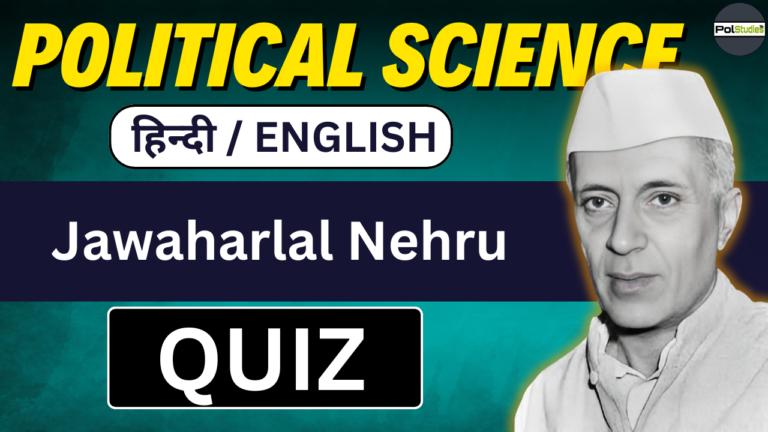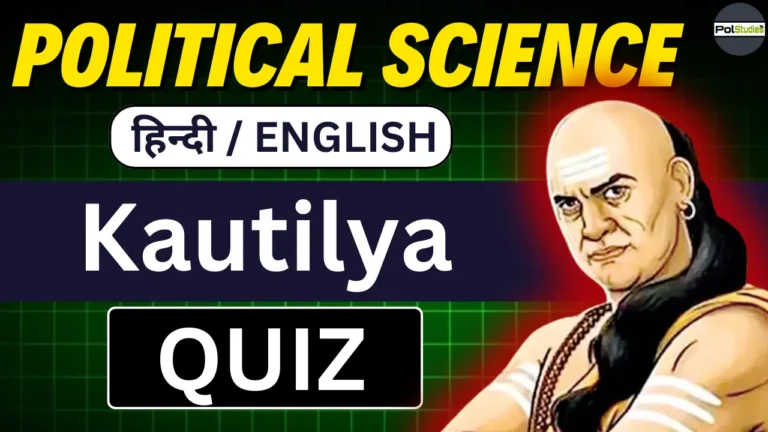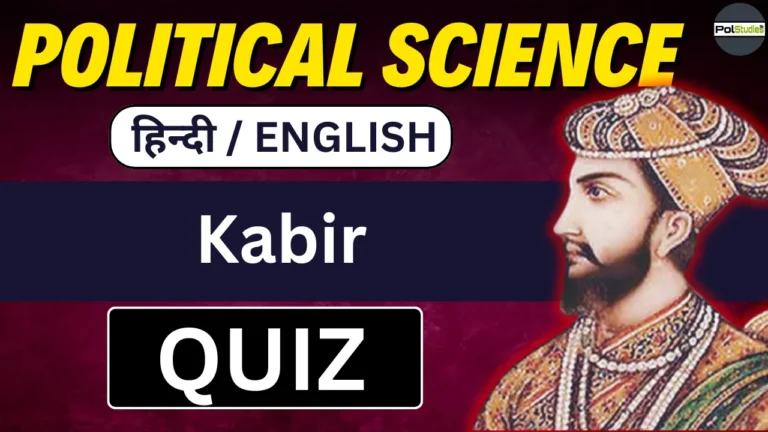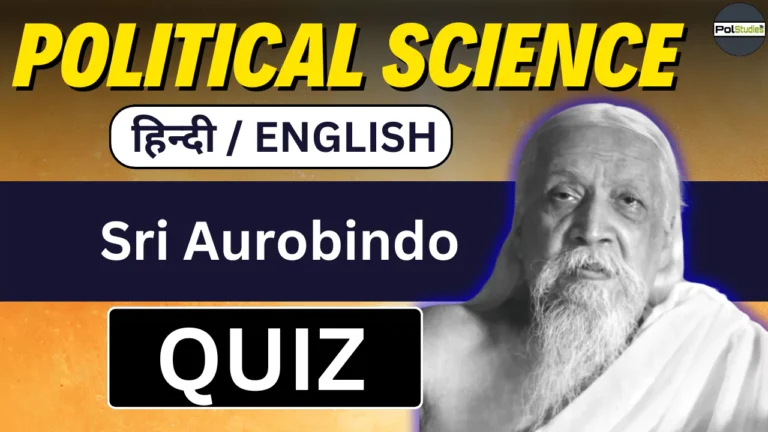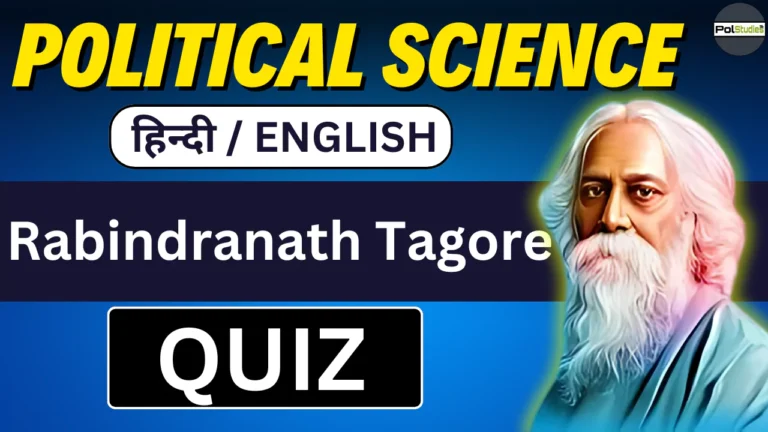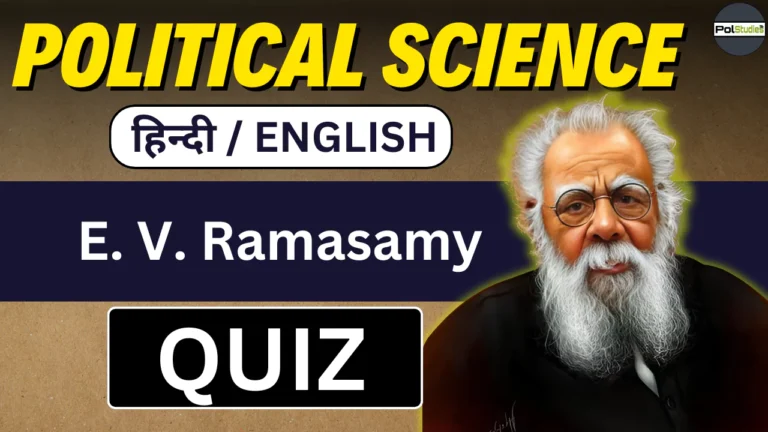Swami Vivekananda Major Theories | Notable Works | UGC NET | CUET-PG
1. Introduction:
Swami Vivekananda (1863–1902), born Narendranath Datta in Kolkata, was a Hindu monk, philosopher, nationalist, and spiritual leader. He was the chief disciple of Sri Ramakrishna Paramahamsa and the founder of the Ramakrishna Mission.
- Vivekananda is best known for introducing Vedanta and Yoga to the West and for his historic speech at the Parliament of the World’s Religions (Chicago, 1893).
- His message blended spiritual awakening, social reform, and nationalist consciousness, making him one of the most influential thinkers of modern India.
Whatch on YouTube
2. Major Theories and Philosophical Ideas:
Swami Vivekananda’s thought is a unique synthesis of Advaita Vedanta, practical spirituality, and modern humanism. His key ideas include:
(a) Practical Vedanta:
- He reinterpreted Advaita Vedanta (non-dualism) to emphasize that every individual is divine.
- He advocated serving humanity as serving God — summarized in his famous quote:
“Jiva is Shiva” (The individual soul is God). - Religion, for him, was not just ritual but self-realization through action.
(b) Universal Religion:
- Vivekananda promoted the idea of a universal religion based on tolerance, acceptance, and unity.
- He believed all religions are different paths to the same goal and emphasized interfaith harmony.
- He admired Christian ethics, Islamic discipline, and Hindu metaphysics.
(c) Philosophy of Man-making and Education:
- Education, according to him, must aim at man-making, i.e., developing character, strength, and self-confidence.
- His model of education focused on the spiritual, moral, and physical development of individuals.
- He famously said:
“We want that education by which character is formed, strength of mind is increased, the intellect is expanded, and by which one can stand on one’s own feet.”
(d) Nationalism and Social Reform:
- Vivekananda’s philosophy was deeply nationalistic, emphasizing the spiritual heritage of India.
- He criticized social evils like caste discrimination, untouchability, and status of women.
- He saw religion as the soul of India and urged youth to rebuild the nation through strength, service, and knowledge.
(e) Karma Yoga:
- In line with the Bhagavad Gita, he upheld Karma Yoga — the path of selfless action — as a means to attain liberation.
- Work and service, for him, were spiritual disciplines, not just duties.
Quiz in English
3. Major Works:
| Work | Description |
|---|---|
| Lectures from Colombo to Almora | A compilation of speeches delivered during his return to India (1897), focusing on national regeneration. |
| Raja Yoga | A systematic presentation of Patanjali’s Yoga Sutras — interpreted for Western audiences. |
| Jnana Yoga | Explores the path of knowledge (jnana) based on Advaita Vedanta. |
| Karma Yoga | Teaches the spiritual significance of selfless action. |
| My Master | A short book about his guru, Ramakrishna, and his teachings. |
Quiz in Hindi
4. Legacy and Impact:
- Vivekananda was the intellectual face of modern Hinduism.
- He inspired Indian freedom fighters like Subhas Chandra Bose, Aurobindo, and Mahatma Gandhi.
- His ideas contributed to the renaissance of Indian identity, spiritual self-confidence, and national awakening.
- The Ramakrishna Mission continues his work in education, healthcare, and spiritual service.
5. Conclusion:
Swami Vivekananda was not just a religious monk, but a visionary who redefined Indian thought in a modern, global context. His ideas continue to inspire debates on nationalism, interfaith dialogue, youth empowerment, and spiritual activism.


